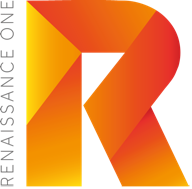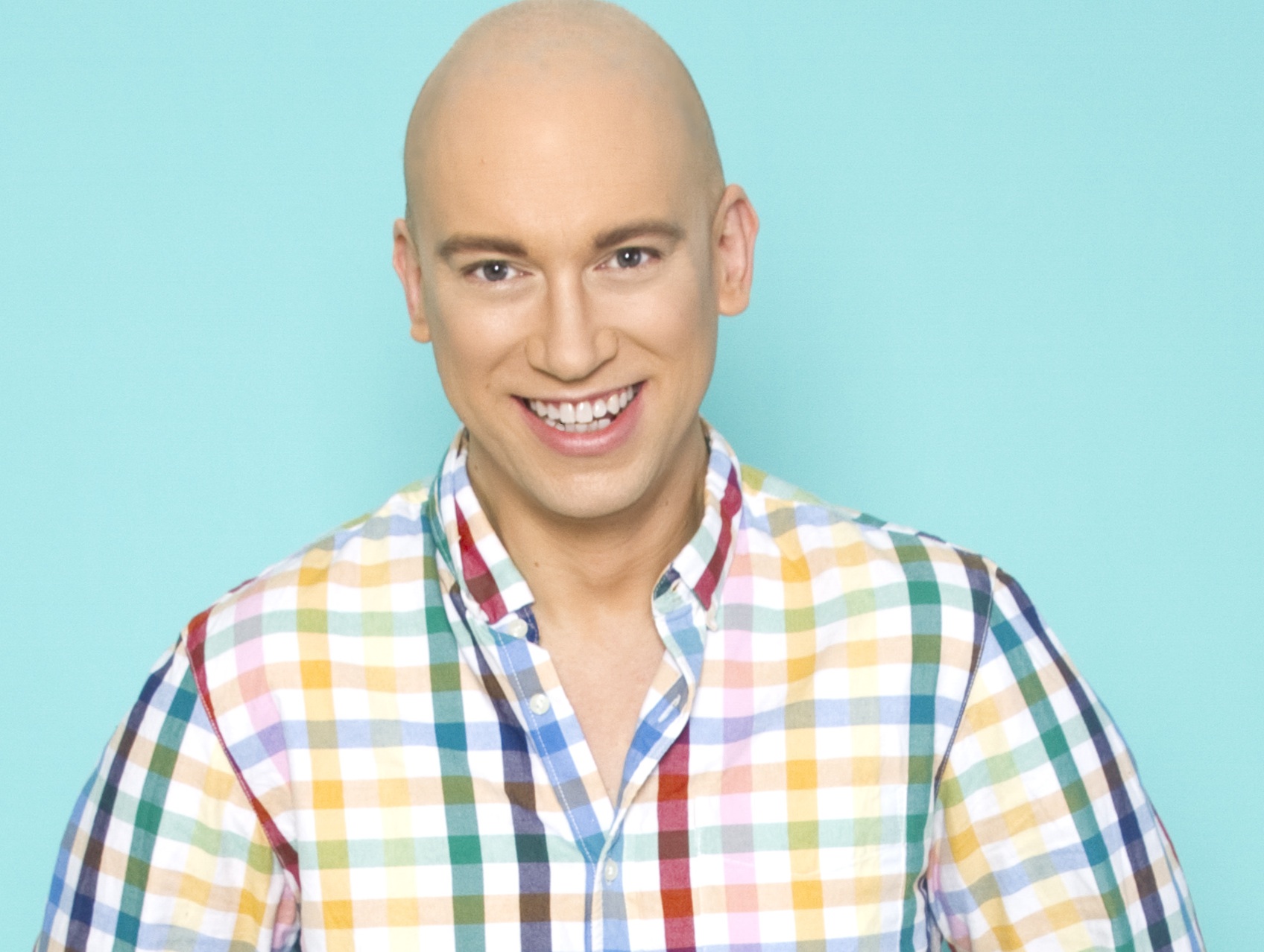Interview with John Siddique
/“My secret has always been simply doing the work until it sings with an integrity and life of its own.”
We caught up with John Siddique, who will be reading from a new essay, ‘1000 Days After I Was Supposed To Die’ at 'This, That and The Other', an event to be held at the Bronte Parsonage Museum on Saturday 28 July at 7.30pm. For more information and to book tickets click here.
What 3 words would you say best describe you?
Clearsighted, heart, awareness.
Tell us how you got into doing what you do.
I have no idea how to answer this, or how to encapsulate it, but here’s a short attempt - on the writing side I read until I became a library of stories, poems, facts, truths, lies, fictions, debate, and multitudes myself, then I wrote until I could write about anything or anyone while maintaining transparency. When I’d gone as far as I felt I wanted to with writing I ‘retired’ and began teaching some aspects from my main work of meditation and spiritual self-realisation, writing has always been secondary to this work, and my practice had reached a point where the next step was only to be found in sharing with, and teaching other people. I’ve been practicing 40 years this year.
How do you relate to the theme of otherness?
There is no other, only the delusion of self and other created to serve our egoic ideas, and unconscious fear based drives, that somehow we can become complete in ourselves by pushing towards greater and greater separation. Any quick glance at the news with a bit of consciousness will show you the truth of this.
What creative masterpiece do you wish you could have written?
None, I’m very happy with the journey that literature took me on, and I’m even happier beyond that vehicle. There are some truly wonderful writings that has been part of my life, but I’ve never for one minute wished I could have written them, or be anyone other than this being.
5 writings that I love:
Illusions - Richard Bach
Big Two Hearted River - Ernest Hemingway
Tao Te Ching - Lao Tzu
Wild Geese - Mary Oliver
Toba Tek Singh - Manto
What's an important piece of insider knowledge you have as a creator, writer and thinker?
Most people don’t do the work, they want to be seen to be as ‘something.’ Try not to emulate them no matter how shiny they look. My secret has always been simply doing the work until it sings with an integrity and life of its own. The public side of all real work and getting to the good stuff is entirely secondary.
Tell us about an upcoming project that excites you, and how we can find out more about it.
My next day retreat is in September of this year and we’ll be looking at going beyond and healing the ‘critical and judgemental mind,’ as this causes so much illness and division in our lives. Retreats excited me as we get to really bring presence to the matter at hand and work at a deep level with our basic human goodness. Next Easter I’m hopefully making an exploratory trip to the US to see what connections can be made for my work and hopefully share some teachings and practice. There may also be a retreat in India at the end of 2019. Best way to see what I’m up to is subscribe to our YouTube channel, and/or visit www.authenticliving.life and join our mailing list.
‘This, That and The Other’ is the headline event for the Emily 2018 (events celebrating the 200th birthday of Emily Brontë), featuring a stunning array of poets, musicians and wordsmiths, all offering their personal response to the themes of ‘other’ and the ‘outsider’; themes central to Wuthering Heights and pertinent to Emily Brontë. Join us to experience the thrill of performance, perfectly pitched speech, rousing wordplay and the art of Trinidad-style liming. With Patience Agbabi, John Siddique, Jay Bernard, Will Harris, Tobago Crusoe and Melanie Abrahams.
The event is part of a four-part series curated by Melanie Abrahams for the Bronte Parsonage Museum as part of Brontë 200.







